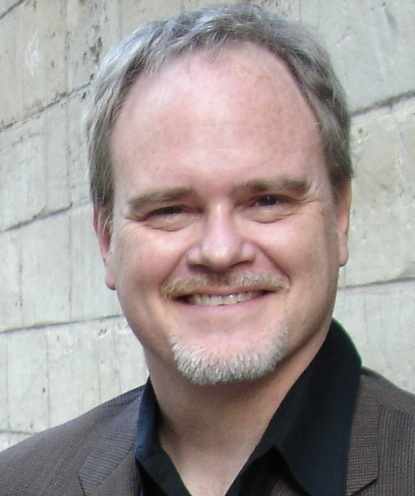Doha Collapses - Good or Bad?
Ah, the anti-globalization people are rejoicing in the streets and the pro-globalization people are either doom-and-gloom about how this will make Africa suffer and hit consumers in the wallet, or hopeful that the talks might be revived like Lazarus (or perhaps like Dracula when the sun sets, from the point of view of anti-globalization activists).
Just as Orwell once said (and I am paraphrasing from "Politics and the English Language") to beware the politician who leans over the podium grasping his lapels and repeating, "Freedom! Freedom! Freedom!", beware trade liberalization people who say that something will hurt Africa and consumers.
I tend to favor globalization, even the hideous version that gets called "globalization' when in fact there are many ways to globalize. However, there are always two key issues I keep in mind when I'm trying to evaluate a proposed WTO initiative or multilateral trade agreement:
1. How will capital be concentrated?
2. How will free trade damage the culture and values of a region or country?
In the first case, we get a clue to who might be pushing behind the scenes to get a decision. Usually, of course, the concentration of capital favors big multi-nationals. That might open up competition, but it doesn't necessarily mean lower prices, nor better quality or choice for consumers. In short, the concentration of capital can just as often work AGAINST the intentions of trade liberalization.
In the second case, the answer can help us understand the non-monetary, apolitical objections of a country. And, after all, WTO cannot (and patently does not) function just as a shill for corporate interests. Some pundits, including Sally at my alma mater LSE, seem to want to restructure the WTO to make it a bit more of such a shill. So, who objects to free trade, for example, in agricultural goods? Those countries and regions where the quality and character of their goods will likely be damaged by free trade. And given that cultural identity is often a complex thing that is rooted to the land, or to history, what's at stake is not just free trade, it's identity. Think of it this way: When you can get products from major multinationals anywhere you go in the world, what does it matter anymore where you actually ARE?
Is the failure of the Doha round a catastrophe? No. If the pushback on agricultural subsidies is a sticking point, the answer is not to restructure the WTO to make sure that the sticking point can be "worked around" (as Sally suggests). The answer is to dig a bit deeper and ask why this is a problem in the first place. Sure, the answer is partially pure protectionism for the sake of softening the blow that globalization makes to certain sectors. But the answer may be deeper than that.
And certainly, if we want to help Africa and lower prices, the WTO has plenty of other options. But, honestly, I don't see the WTO having a legacy of doing anything much more than lowering trade barriers for MNCs (oh, yes, and anyone else, too). Just because WTO now has a larger and more inclusive governance structure, don't be fooled. It's lipstick on a pig. The WTO's lack of success is neither disaster nor success. It's mostly just part of the balancing act between the forces of concentrated capital and the forces of conservative cultures.
Sunday, July 30, 2006
Monday, July 17, 2006
Global CRM
Upcoming World Affairs Council Talks
As a member of the World Affairs Council, I'm constantly impressed at the timeliness and quality of their speakers -- even when they're shilling books. Hey, one day I'll be doing that. So I don't hold it against them.
This Wednesday, July 19, WAC offers a great chance to hear about the politics of Iran (nuclear, democratic and global). The book he's written, "Confronting Iran: The Failure of American Foreign Policy and the Next Great Conflict in the Middle East", gives historical and speculative future context to what's happening in geopolitics (petropolitics, too) and how national and international policies might make a difference.
For info, go to WAC's site.
As a member of the World Affairs Council, I'm constantly impressed at the timeliness and quality of their speakers -- even when they're shilling books. Hey, one day I'll be doing that. So I don't hold it against them.
This Wednesday, July 19, WAC offers a great chance to hear about the politics of Iran (nuclear, democratic and global). The book he's written, "Confronting Iran: The Failure of American Foreign Policy and the Next Great Conflict in the Middle East", gives historical and speculative future context to what's happening in geopolitics (petropolitics, too) and how national and international policies might make a difference.
For info, go to WAC's site.
Subscribe to:
Posts (Atom)


